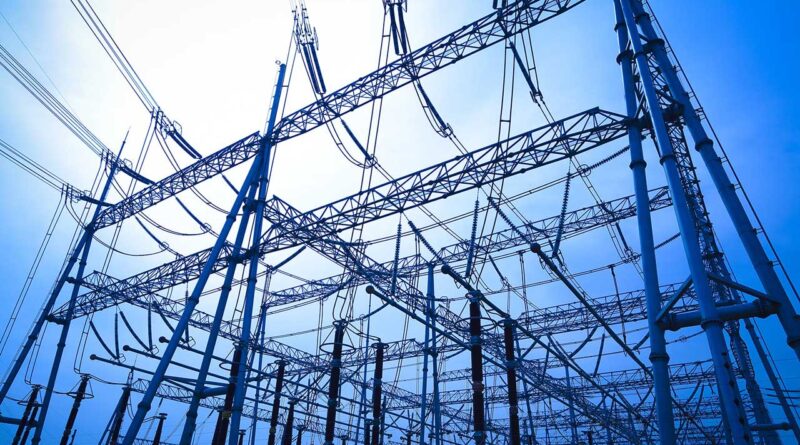Electricity Crisis worsens; GenCos Threatens Total Shutdown.
Nigeria may soon face a nationwide blackout as electricity generation companies (GenCos) threaten to shut down operations due to an outstanding debt of ₦4 trillion.
Speaking to journalists in Abuja on Monday, the chairman of the board of trustees of the GenCos, Rtd. Colonel Sani Bello, voiced the companies’ frustrations over mounting unpaid bills, warning that the financial burden is crippling their operations and could lead to a complete halt in electricity generation across the country.
“The power generated by GenCos has continued to be consumed in full without corresponding payment,” Bello said. “This situation has dire consequences for the GenCos and, by extension, the entire power value chain.”
According to the breakdown, N2 trillion of the debt is for electricity generated in 2024, while the remaining N1.9 trillion consists of legacy debts. The companies argue that the ₦900 billion allocated to the power sector in the 2025 national budget is grossly insufficient to settle the arrears and support future payments.
Bello criticized the current situation as “a clear departure from existing terms of the Power Purchase Agreement,” explaining that GenCos are only receiving about 9–11 percent of their invoices, even as regulatory agencies and other service providers are paid in full.
He also pointed to a sharp decline in collection rates, now below 30 percent in 2024, as a major factor worsening the liquidity crisis. “The crises from cash liquidity are on the top burner and have reduced GenCos’ ability to continue to perform their obligations,” he said.
Also Read: Ibiyeomie On Fire For Claiming “Jesus Doesn’t Love The Poor”
Adding to the financial strain are operational costs pegged in U.S. dollars and the difficulty of accessing foreign exchange. “The importance of a specialized window or stable dollar allocation option for the GenCos cannot be overemphasized,” Bello stated.
The GenCos are calling for immediate government intervention, including full payment of outstanding invoices, a restructuring of the waterfall payment system, and the introduction of guarantees from international institutions such as the World Bank and African Development Bank (AfDB).
“There is a need for a coordinated approach by all stakeholders to address the liquidity issue realistically and sustainably. This request requires urgent attention,” Bello emphasized.
As of the time this report was filed, Minister of Power Adebayo Adelabu had yet to issue a response.
Content Credit: Agbetan Bisola
Image Credit: www.icirnigeria.org




